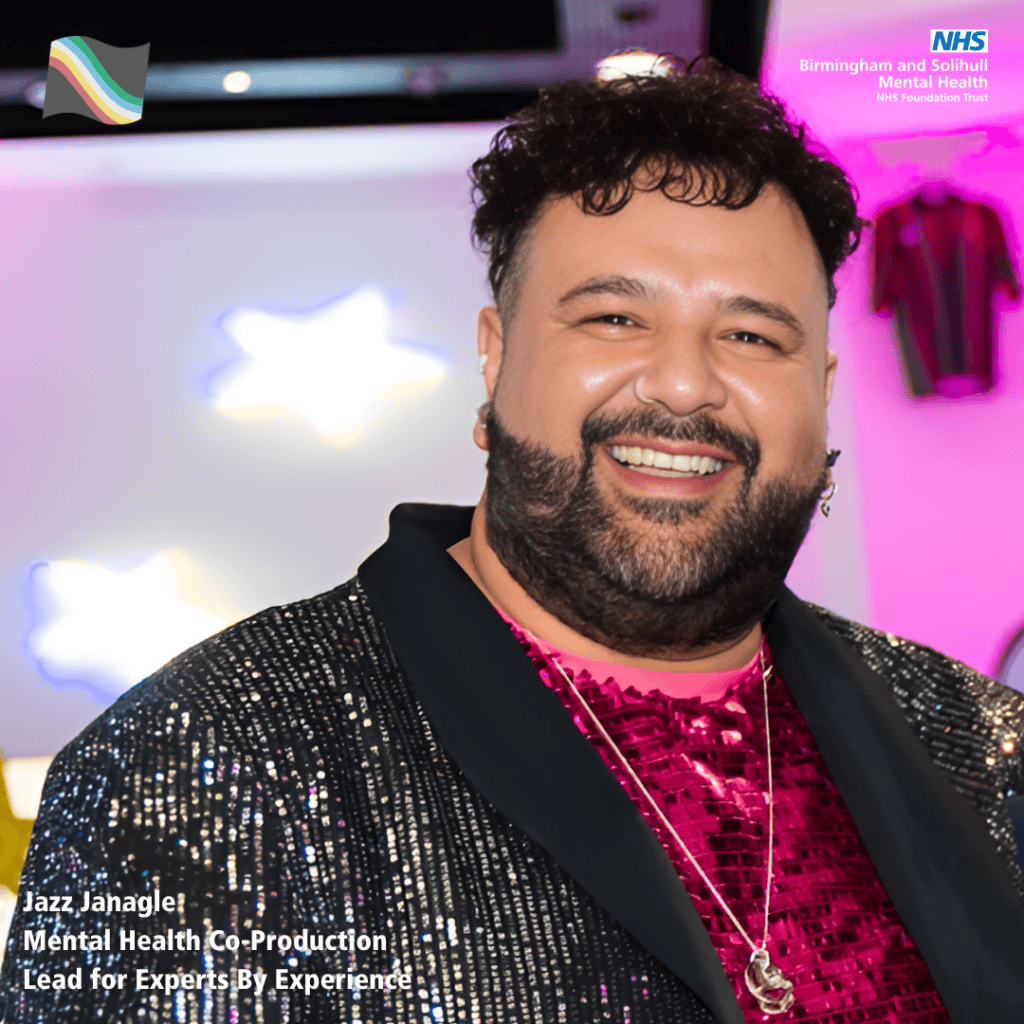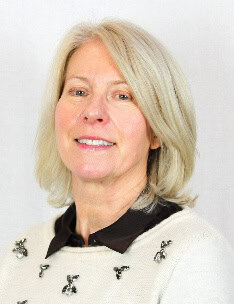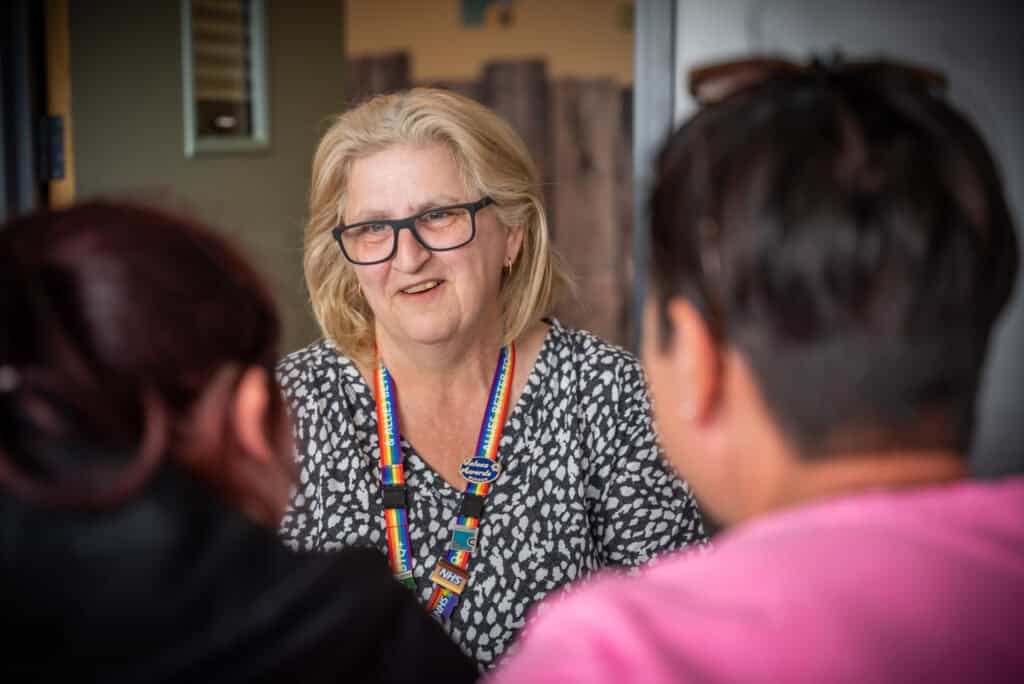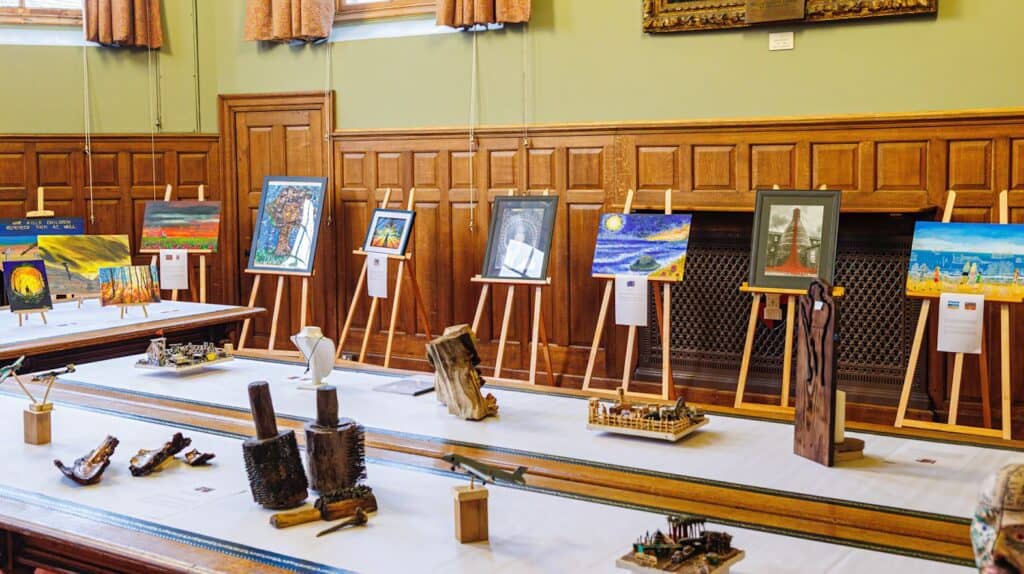I want people to see me, and others with disabilities, as not just my disability and long-term health conditions, but to see and focus on the things I can do, not what I can’t do.
Disability Pride Month is an annual celebration held in July to recognise the diversity and resilience of people with disabilities.
During Disability Pride Month we have asked colleagues with lived experience of disability and long-term health conditions to share their stories.

Jazz Janagle, Mental Health Co-Production Lead for Experts By Experience and (interim) Chair of the Trust’s Disability and Wellbeing Staff Network wanted to share his reflections on Disability Pride Month and what this means to him. Below Jazz also discusses how disabilities can impact on a person’s social, mental and physical health and the work we are doing at the Trust to ensure we provide the best support we can to service users, patients and colleagues.
“I’m diagnosed with a number of disabilities/long-term health conditions – physical, mental and hidden including Fibromyalgia, Chronic Fatigue Syndrome, Borderline Personality Disorder with Type 2 Bipolar Tendencies. I think it’s fair to say that these conditions/disabilities have been the direct result of multiple traumas in life, and I’ve had a mix of medication and therapy/psychoeducation to support managing these.
I’m currently undergoing assessments for potential Autism/ADHD, the outcome of which will certainly be interesting. I am keeping an open mind about it all and it is so important to me in how I see myself.
The Disability and Wellbeing Staff Network space is really important to me as it allows to me to authentically be myself and feel ok about my disabilities and long-term health conditions. I’m so privileged in the sense that I’m in a role where my lived experience is so valid and welcomed, and I extend that to the service users and EBEs (Experts by Experience) that I work with. Most of my career has involved working in roles that support people with disabilities and long-term health conditions, and I’m so grateful for that.
I’m really keen to develop the training offer for all staff, particularly around the impact of disabilities and long-term health conditions within the workplace, and how managers and colleagues support staff with disabilities/long-term health conditions.
It’s important to ask ourselves how do teams/managers support colleagues with disabilities effectively, how do we recognise signs and symptoms, what support could we be offering, how do we avoid reducing people to their disabilities and diagnoses whilst simultaneously seeing the disability and beyond this, and making sure the right support is in place?
One thing that’s really, really important to me is how disability – in its broadest sense – is perceived. I’m a big fan of the ‘social model’ of disability vs the ‘medical model’ and I, for both me and others, will take the asset-based and positive approach to disabilities rather than the ‘deficit model.’ In other words, I want people to see me, and others with disabilities, as not just my disability and long-term health conditions, but to see and focus on the things I can do, not what I can’t do. When you change the lens and narrative, you can frame things in a much more positive and enabling way, and I especially love and appreciate the ‘superhero’ elements of neurodiverse people, where things like Autism are seen as having a special superhero power. I find that so empowering and validating and positive, and I really want our children and young people to grow up and accept that and see things in that way.
We’re not a group of people who need to be patronised or felt sorry for or feel ‘less than’ or feel like we’re ‘so brave’ – we’re people who have really valid and unique life and lived/living experiences, and they can be really insightful and powerful. We’re resourceful, resilient, strong, powerful, worthy and deserve equity and fairness – we just need the right support, compassion and understanding to truly flourish and grow and be happy.”
Published: 11 July 2024








